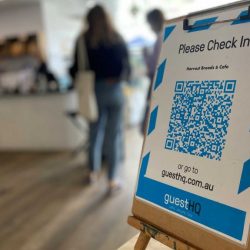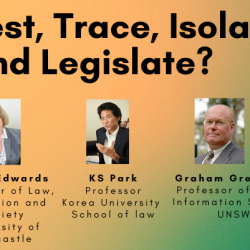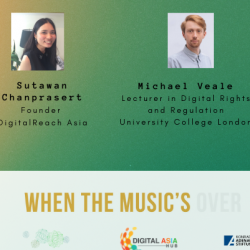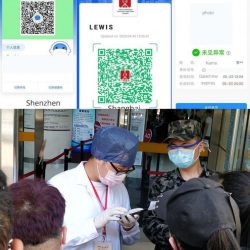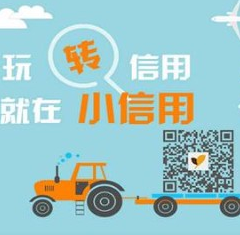Data Flows and Tech Policy in India
Through a new program on Platform Futures, the Digital Asia Hub aims to convene a network of academics and experts studying multiple aspects of platforms, and to create a space for dialogue on opportunities, challenges, and governance best practices in the APAC context. Smitha Krishna Prasad has been working with the Centre for Communication Governance[…]


